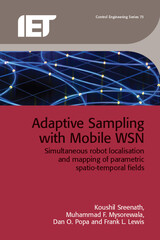
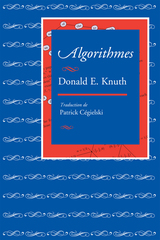
This book is a French translation of seventeen papers by Donald Knuth on algorithms both in the field of analysis of algorithms and in the design of new algorithms. They cover fundamental concepts and techniques and numerous discrete problems such as sorting, searching, data compression, theorem-proving, and cryptography, as well as methods for controlling errors in numerical computations.
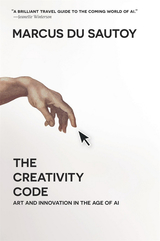
“A brilliant travel guide to the coming world of AI.”
—Jeanette Winterson
What does it mean to be creative? Can creativity be trained? Is it uniquely human, or could AI be considered creative?
Mathematical genius and exuberant polymath Marcus du Sautoy plunges us into the world of artificial intelligence and algorithmic learning in this essential guide to the future of creativity. He considers the role of pattern and imitation in the creative process and sets out to investigate the programs and programmers—from Deep Mind and the Flow Machine to Botnik and WHIM—who are seeking to rival or surpass human innovation in gaming, music, art, and language. A thrilling tour of the landscape of invention, The Creativity Code explores the new face of creativity and the mysteries of the human code.
“As machines outsmart us in ever more domains, we can at least comfort ourselves that one area will remain sacrosanct and uncomputable: human creativity. Or can we?…In his fascinating exploration of the nature of creativity, Marcus du Sautoy questions many of those assumptions.”
—Financial Times
“Fascinating…If all the experiences, hopes, dreams, visions, lusts, loves, and hatreds that shape the human imagination amount to nothing more than a ‘code,’ then sooner or later a machine will crack it. Indeed, du Sautoy assembles an eclectic array of evidence to show how that’s happening even now.”
—The Times
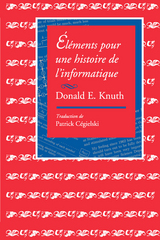
This translation focuses on publications by Donald E. Knuth, one of the world’s leading computer programmers, that were addressed primarily to a general audience rather than to specialists. These fifteen papers discuss the history of computer science from ancient Babylon to modern times and survey the field of computer science and the nature of algorithms.

Building on current scholarly work in digital rhetoric, software studies, and technical communication, Brock connects and continues ongoing conversations among rhetoricians, technical communicators, software studies scholars, and programming practitioners to demonstrate how software code and its surrounding discourse are highly rhetorical forms of communication. He considers examples ranging from large, well-known projects like Mozilla Firefox to small-scale programs like the “FizzBuzz” test common in many programming job interviews. Undertaking specific examinations of code texts as well as the contexts surrounding their composition, Brock illuminates the variety and depth of rhetorical activity taking place in and around code, from individual differences in style to changes in large-scale organizational and community norms.
Rhetorical Code Studies holds significant implications for digital communication, multimodal composition, and the cultural analysis of software and its creation. It will interest academics and students of writing, rhetoric, and software engineering as well as technical communicators and developers of all types of software.
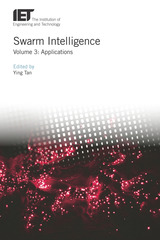
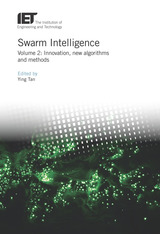
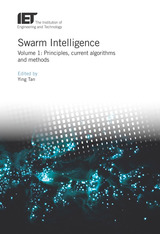
READERS
Browse our collection.
PUBLISHERS
See BiblioVault's publisher services.
STUDENT SERVICES
Files for college accessibility offices.
UChicago Accessibility Resources
home | accessibility | search | about | contact us
BiblioVault ® 2001 - 2024
The University of Chicago Press









